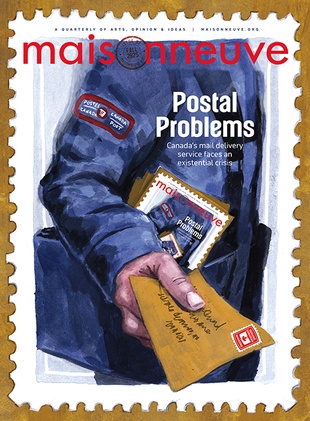The person, ‘Katerina,’ was a Greek-Cypriot I met while doing research for my walls book in Nicosia, the divided capital of Cyprus. I learned a lot about the Cyprus Conflict from Katerina and her boyfriend and enjoyed the time we spent together. Katerina was a gracious host and by the time I left Cyprus I considered her a friend. I thought that sending Katerina the short excerpt from my Cyprus chapter in which she appears might be a good idea. I wanted to make sure I’d gotten the details right.
I was taken aback by her response. Katerina took exception to much of what I’d written, accused me of misquoting her, and said that she’d been portrayed as “dumb, inarticulate, paranoid and over-reacting.” This was not my intention at all; I don’t think Katerina is any of those things. I felt her reaction was disproportionate and hyper-sensitive, but I nonetheless felt badly that someone who I liked and admired felt so misrepresented by something I’d written. We exchanged a couple of more emails. I vowed to change her name in the book – hence ‘Katerina’ – and to rethink the section I’d written about her. And I vowed to myself to never again allow my ’sources’ to read what I’d written about them before it is published. My exchange with Katerina was a learning experience, and I discussed the incident with students in a visit to a writing class at the University of Calgary. Everyone agreed that I should have known better.
However, once I began a new draft of the Cyprus chapter I realized that something else had happened. Katerina had revealed more about the conflict – and about herself within that conflict – through her responses to my writing than she ever did in our original interviews. The sensitivities and contradictions she expressed in her emails were much more interesting that anything I’d gleaned sitting with her in Nicosia.
Katerina rejects the notion that that Turkish- and Greek-Cypriots are hard-wired to hate each other, but she wants me to understand that she isn’t a “dopey ‘Turkish-Cypriots-are-our-brothers-and-sisters’ person.” She wants to see the Cyprus problem solved, but not at any cost and not if it means giving in to unreasonable demands of the north. Katerina has never known war, yet the sound of fireworks remind her of gunshots and she considers the annual clamour of military exercises in the north to be a warning to the south: “They remind us, the other side, that the Turkish military is there. Two seconds away. Ready to strike.” She told me that Greek-Cypriots “are comfortable and living without fear of real, everyday conflict since the sides are pretty separated” but then scoffed when I suggested she was thankful for the wall that does the separating.
Maybe these aren’t contradictions at all. I was not born in a disputed place and I’ve never lived alongside a wall. But it seems to me that in spite of Katerina’s leftist notions of justice, there is something about this place that has hardened her. Her city, her half-city, bestowed upon her an interior distrust of those across the barricades. It doesn’t matter that there hasn’t been a bullet fired over Cyprus’ Green Line in Katerina’s lifetime. The fear is not logical, but it is the inheritance of a divided place.
Katerina is not going to like my rewriting anymore than she did the first draft. Even though I feel that I portray her honestly and sympathetically, I suspect she will feel betrayed. I believe, however, that a writer of creative nonfiction is beholden only to the narrative and to the truth as he defines it. These are his only loyalties. My new version of the Cyprus chapter is now a richer story than it was before. It wanders closer to truth of the conflict. I am not suggesting I did the right thing by allowing Katerina to look at my work, but I am glad that I did.
(From Elsewhere.)






